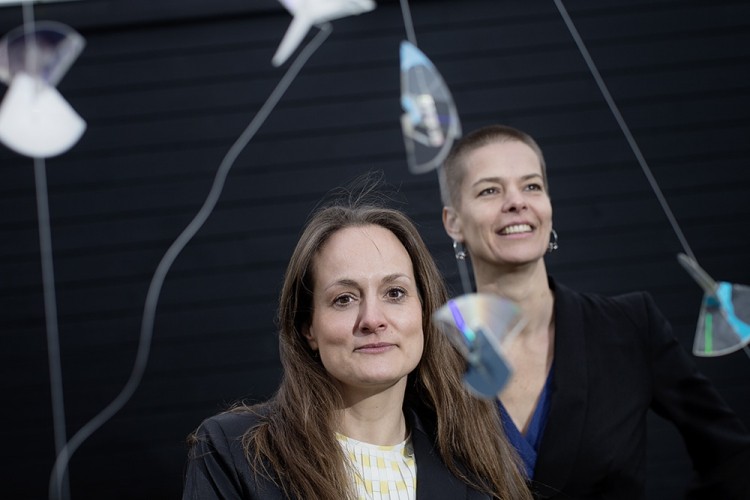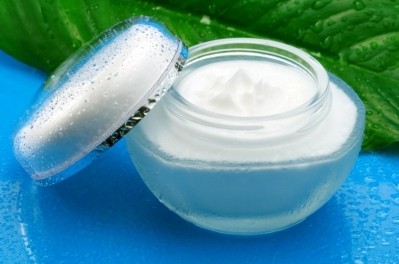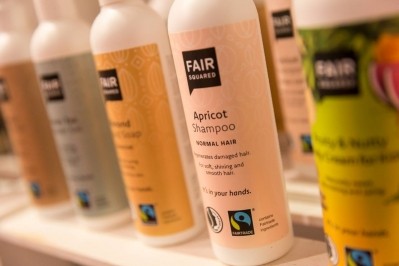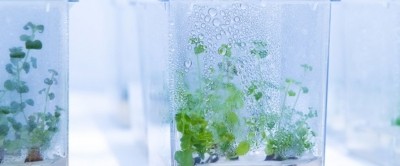Exclusive interview
Skin allergy certification: is this where the naturals trend is heading?

Lene Stiil launched AllergyCertified three years ago, and the accreditation has seen steady uptake since.
Stiil says the body has recently certified its 450th product, with skin allergy certified products available across Europe from brands big and small - from La Roche-Posay and Neal’s Yard Remedies to more niche players.
What really differentiates the mark is that it responds to consumer demand for safety and transparency, while also offering scientifically robust understandings of what makes for a truly skin-friendly, health-promoting product, Stiil suggests. It is, she asserts, a move away from the sometimes fad-based, factually-lacking trend of naturals and botanicals.
Why now? Why do you think the time is right to educate on the importance of being skin allergy safe?
There are several reasons why allergy and the need for skin friendly products is increasing now. First of all: 27 % of the adult population in Europe is allergenic to one or more ingredients. This is an alarming high number.
Skin allergy is a chronic disease. This means that more than every fourth European has a chronic disease. And for no reason, since skin allergy can be prevented.
Another reason why this is important right now is that it is difficult being a consumer. When a brand use statements like 'natural', 'green', 'free from …' - then the most likely thing to happen in most consumers is 'ah, this product is good for me or for my children'. But this is not necessarily so: nineteen of the most allergenic perfumes are natural.
Free from does not guarantee anything, because what is used in the products instead?
How does the trend for skin allergy safe products differ from the trend for naturals/botanicals? Why is this distinction important?
Natural does not equal skin friendly when it comes to cosmetics and make-up. Natural cosmetics can be skin friendly, but it is important that you know your INCI and have access to information about the botanicals used in the natural product.
One example: when we are asked to certify a product that contain aloe vera we can see from the CAS number and the TDS whether the aloe vera has been purified or not. This is impossible for the consumer to see from the packaging because it is the CAS number that give you this information and CAS numbers are not listed on the packaging.
There are many examples that botanicals can be good, but most likely are not when we are talking cosmetics and make-up.
Can you say a little about the science behind what you do?
We make a risk assesment from INCI, CAS and concentrations. On top of that we receive MSDS and TDS for all raw materials.
This tells us about all the ingredients in the product including impurities in the raw materials. We find the criteria and level for each ingredient by reading articles published through the European Society of Contact Dermatitis.
On top of that, we have an advisory board with professor An Gossens from Leuven University in Belgium. She is a former president of ESCD. Our other member is Donald Belsito professor in Dermatology from Columbia University in New York. He is the contributor to many CIR reports.
What are the next steps for AllergyCertified? Which regions do you think have most appetite for the label, and why?
We can see there is a huge interest on the Dutch market for skin friendly products. Both from brands, distributors and consumers. So we are spending quite some time in Holland. At the same time we are busy certifying products from Scandinavia, Holland and the US these days.
We just certified the first German brand and we were contacted a few weeks back by a brand from Estonia. So the idea of skin friendly is spreading.
One country where we have not had any dialogue is France. None whatsoever. This may be because the French find it difficult not having perfume in their products.
But I am confident this will change, simply because the consumers that are already allergic will start asking for certified products and because the brands will do as for example British brand Neal's Yard Remedies – certify a range and then still keep another range with perfume.
This is for me the perfect way for a brand to be able to make all consumers happy.






















